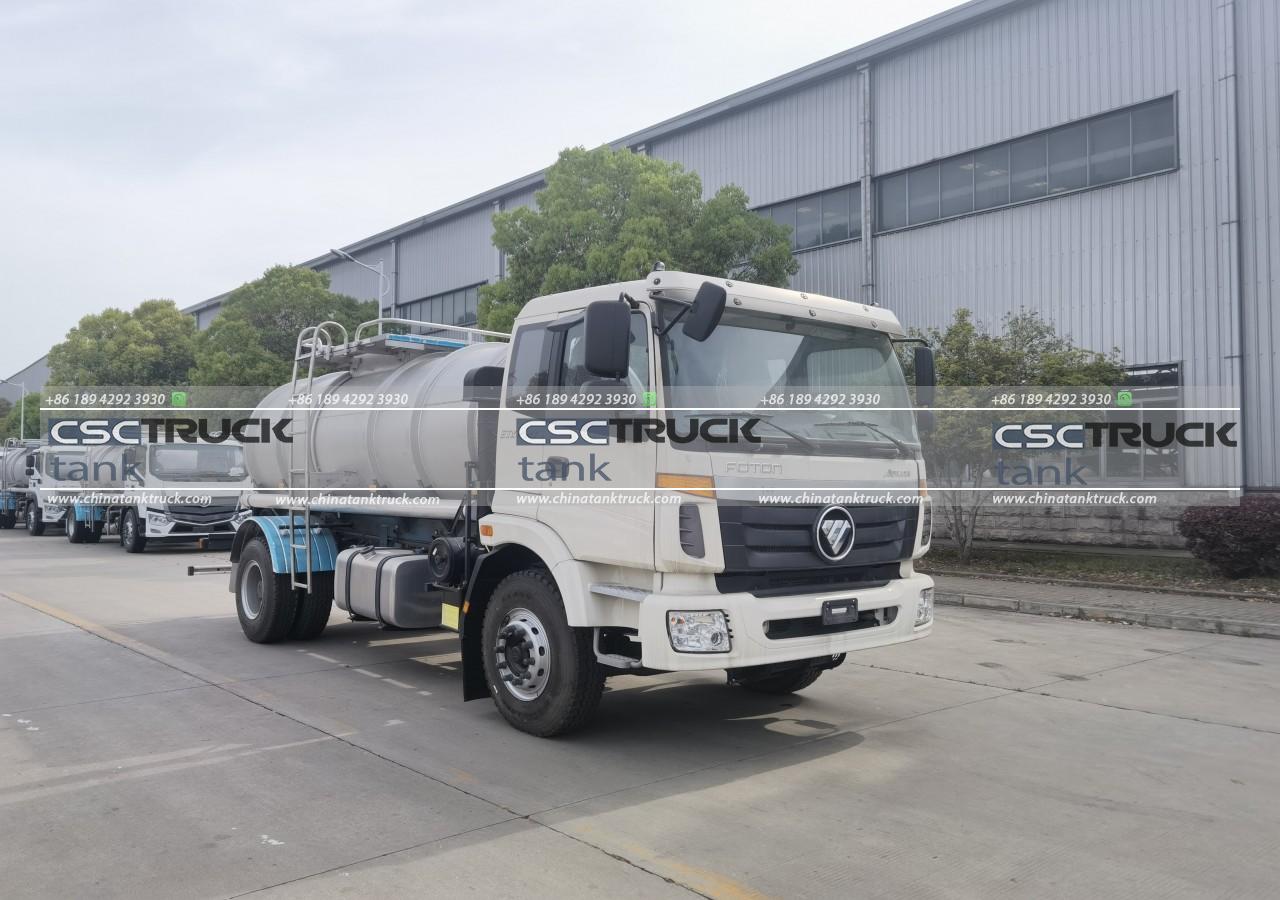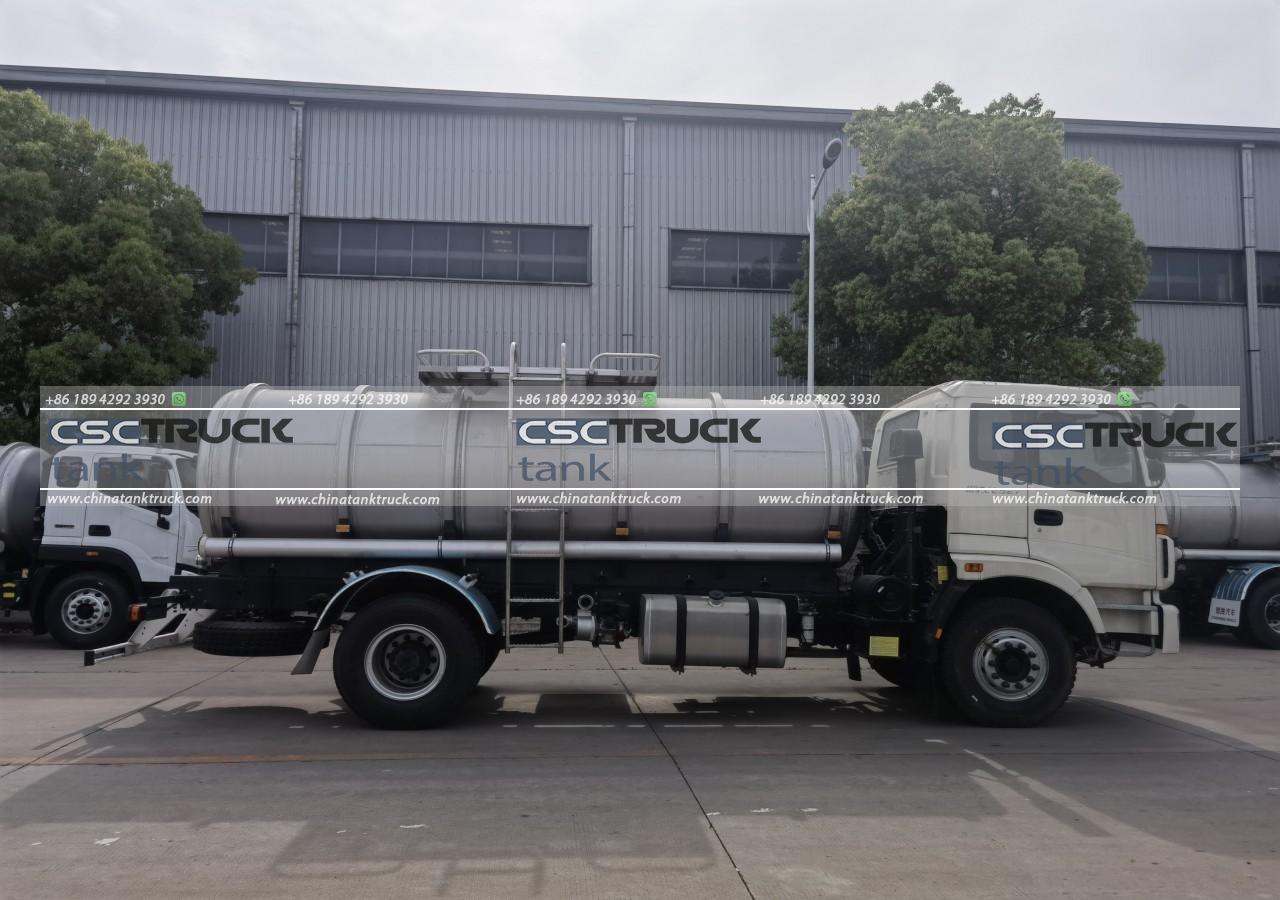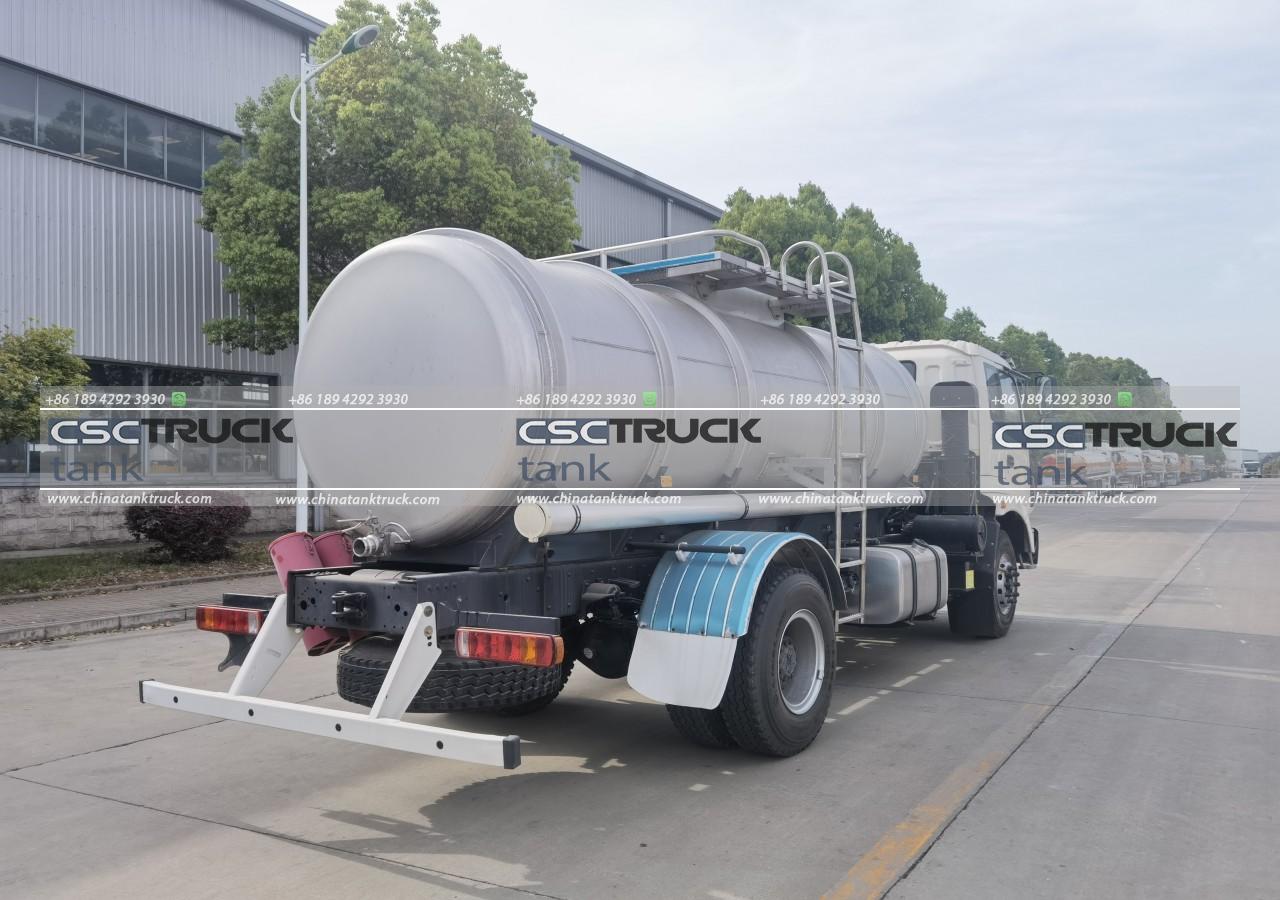Water is a fundamental resource for life, industry, and agriculture. However, in many parts of the world, access to water is limited, and efficient transport systems are necessary to deliver this vital resource. Water tank trucks, also known as water tankers, play a crucial role in the distribution of water in areas without direct access to a water supply, during emergencies, or in construction and agricultural sectors. This article delves into the various aspects of water tank trucks, exploring how they provide efficient solutions for reliable water transport.
The Importance of Water Tank Trucks
Water tank trucks are essential in scenarios where a permanent water supply infrastructure is either unavailable or insufficient. Their diverse applications range from supplying potable water in remote regions to delivering water for firefighting, irrigation, and construction. These trucks ensure that water can be transported in large quantities, efficiently and safely, addressing both immediate and long-term needs.
1. Emergency Response and Disaster Relief
In disaster-stricken areas, water tank trucks are often the first responders, providing clean drinking water to affected populations. Natural disasters such as earthquakes, hurricanes, and floods can disrupt water supply systems, making water tankers indispensable for survival. Their ability to navigate through challenging terrains and deliver large volumes of water quickly makes them a reliable resource in emergencies.
2. Agriculture and Irrigation
Agriculture is heavily dependent on water, and in regions with inadequate rainfall or irrigation infrastructure, water tank trucks are vital. They transport water to farms, ensuring that crops receive the necessary hydration to grow. This supports food production and helps maintain the livelihoods of farmers who rely on consistent water supply for their agricultural activities.
3. Construction and Industrial Use
Construction sites often require significant amounts of water for various purposes such as mixing concrete, dust suppression, and site compaction. Water tank trucks provide a mobile and flexible solution to meet these needs, ensuring that construction projects can proceed smoothly without delays caused by water shortages. Similarly, industrial processes that require water, such as mining and manufacturing, benefit from the reliable supply provided by these vehicles.

Features of Efficient Water Tank Trucks
To be effective, water tank trucks must be designed with specific features that enhance their efficiency and reliability. Key aspects include:
1. Capacity and Tank Material
The capacity of water tank trucks varies widely, typically ranging from 1,000 to 10,000 gallons or more, depending on the application. The tanks are usually made from materials such as stainless steel, aluminum, or polyethylene, chosen for their durability, corrosion resistance, and ability to maintain water quality. Stainless steel is particularly favored for potable water transport due to its hygienic properties.
2. Pump and Hose Systems
Efficient water distribution requires robust pump and hose systems. High-capacity pumps enable quick loading and unloading of water, while hoses need to be durable and flexible to handle different delivery scenarios. Advanced trucks may include multiple hose reels and adjustable spray heads to cater to various applications, from gentle irrigation to high-pressure firefighting.
3. Mobility and Accessibility
Water tank trucks must be able to navigate diverse terrains, including rough and unpaved roads often found in remote or disaster-hit areas. Therefore, many trucks are built on heavy-duty chassis with off-road capabilities. Additionally, features such as all-wheel drive, high ground clearance, and reinforced suspension systems enhance their mobility and ensure that they can reach even the most inaccessible locations.
4. Safety and Regulation Compliance
Transporting large volumes of water involves risks, including potential spills and contamination. Efficient water tank trucks incorporate safety features such as anti-surge baffles within the tank to prevent water from shifting during transit, reducing the risk of accidents. Compliance with regulations, including those governing potable water transport, is essential to ensure the safety and quality of the water delivered.

Innovations in Water Tank Truck Technology
The evolution of water tank trucks has seen significant technological advancements aimed at improving their efficiency, reliability, and environmental impact.
1. Telematics and Fleet Management
Modern water tank trucks are often equipped with telematics systems that provide real-time data on vehicle location, fuel consumption, and water levels. This technology enhances fleet management by optimizing routes, reducing operational costs, and ensuring timely deliveries. Telematics also aids in preventive maintenance, minimizing downtime and extending the lifespan of the vehicles.
2. Eco-friendly Solutions
With growing environmental concerns, there is a push towards more sustainable water transport solutions. Innovations include the development of fuel-efficient engines and the integration of alternative energy sources such as electric or hybrid powertrains. These advancements not only reduce the carbon footprint of water tank trucks but also promote the conservation of resources.
3. Automation and Smart Controls
Automation in water tank trucks includes automated filling and dispensing systems, which enhance accuracy and reduce the risk of human error. Smart controls allow operators to manage water flow rates and pressure remotely, ensuring precise delivery according to specific needs. Such innovations increase operational efficiency and improve the overall reliability of water transport.

Conclusion
Water tank trucks are a vital component of the infrastructure that supports water distribution across various sectors. Their ability to deliver large volumes of water efficiently and reliably makes them indispensable, particularly in areas lacking permanent water supply systems. The continuous advancements in technology and design are enhancing their effectiveness, ensuring that they meet the growing demands for water in a sustainable and environmentally friendly manner.
As the global need for water management solutions increases, the role of water tank trucks will become even more critical. By embracing innovations and maintaining high standards of safety and efficiency, these vehicles will continue to provide essential support in disaster relief, agriculture, construction, and beyond.

